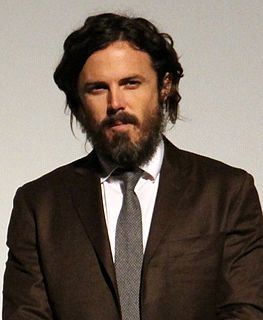A Quote by Octavio Paz
Contemporary man has rationalized the myths, but he has not been able to destroy them.
Related Quotes
All cultures are different. Some commit genocide. Some are uniquely peaceful. Some have enormous hunting festivals or annual stretches when nobody speaks. Some don't use electricity. In American culture, we obsess about celebrities. We create them, build myths around them, and then hunt them and destroy them. I don't know where its taking us or what it means but I know we do it.
If abuses are destroyed, man must destroy them. If slaves are freed, man must free them. If new truths are discovered, man must discover them. If the naked are clothed; if the hungry are fed; if justice is done; if labor is rewarded; if superstition is driven from the mind; if the defenseless are protected, and if the right finally triumphs, all must be the work of man. The grand victories of the future must be won by man, and by man alone.
"The myths," says Horace in his Ars Poetica, "have been invented by wise men to strengthen the laws and teach moral truths." While Horace endeavored to make clear the very spirit and essence of the ancient myths, Euhemerus pretended, on the contrary, that "myths were the legendary history of kings and heroes, transformed into gods by the admiration of the nations." It is the latter method which was inferentially followed by Christians when they agreed upon the acceptation of euhemerized patriarchs, and mistook them for men who had really lived.
Myths, as compared with folk tales, are usually in a special category of seriousness: they are believed to have "really happened,"or to have some exceptional significance in explaining certain features of life, such as ritual. Again, whereas folk tales simply interchange motifs and develop variants, myths show an odd tendency to stick together and build up bigger structures. We have creation myths, fall and flood myths, metamorphose and dying-god myths.
There is something feeble, and a little contemptible, about a man who cannot face the perils of life without the help of comfortable myths. Almost inevitably some part of him is aware that they are myths and that he believes them only because they are comforting. But he dare not face this thought, and he therefore cannot carry his own reflection to any logical conclusion.
It may be said that myths give to the transcendent reality an immanent, this-worldly objectivity. Myths speak about gods and demons as powers on which man knows himself to be dependent, powers whose favors he needs, powers whose wrath he fears. Myths express the knowledge that man is not master of the world and his life, that the world within which he lives is full of riddles and mysteries and that human life also is full of riddles and mysteries.






































